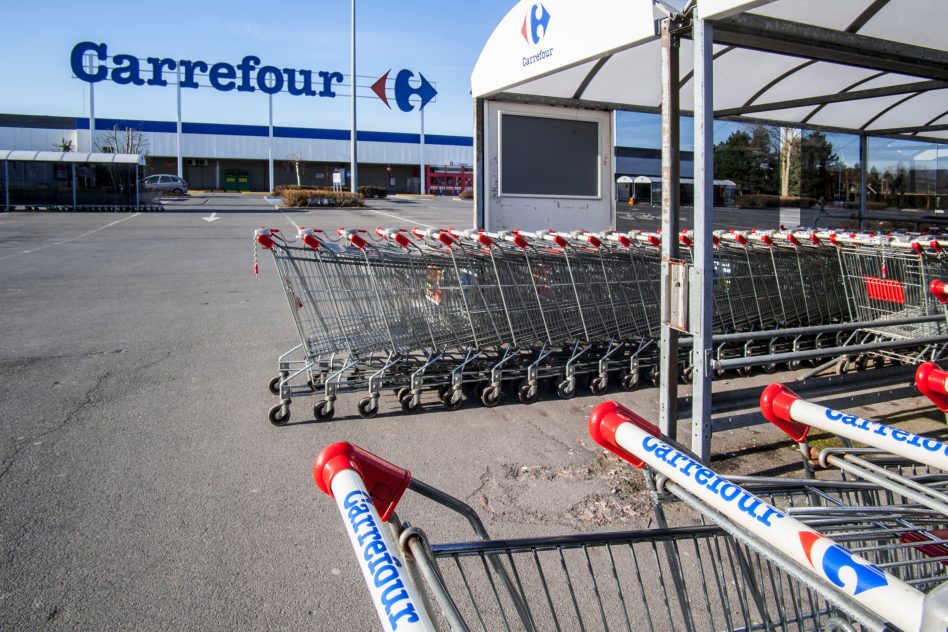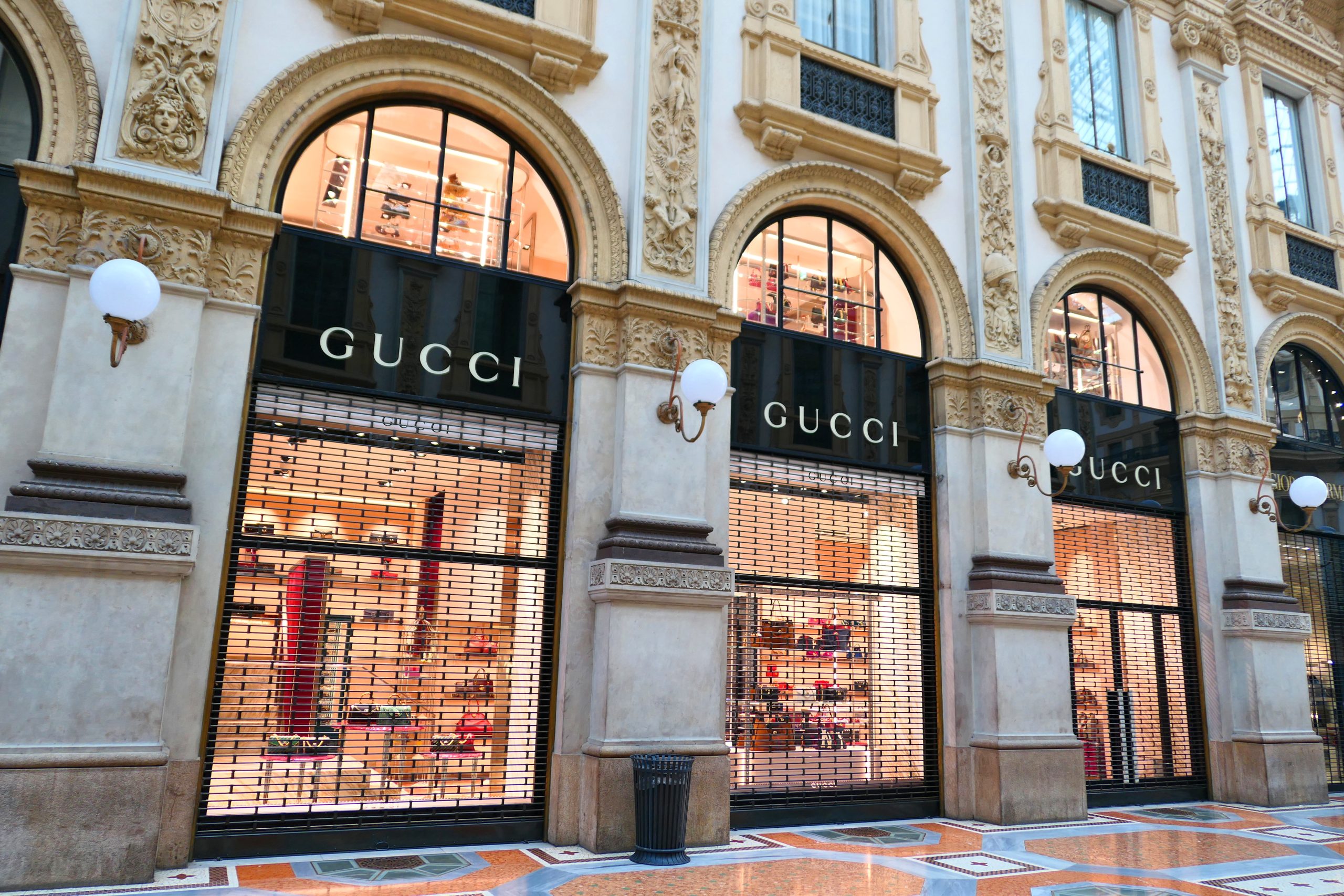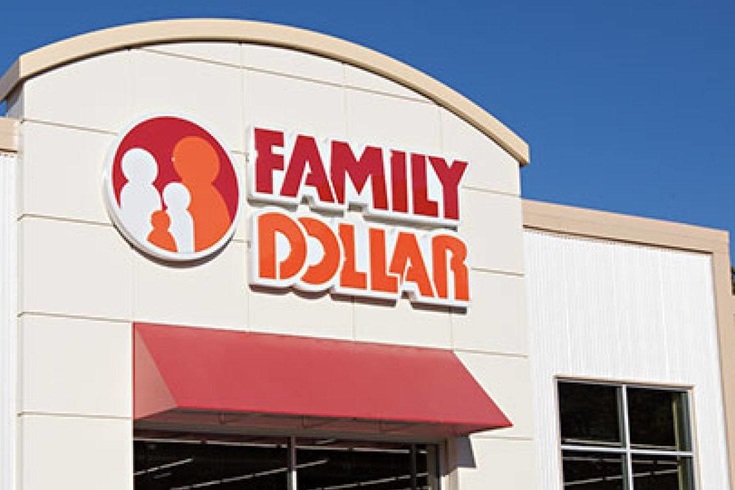
Image source: Philippe Clement/Shutterstock
The French retail and cash and carry corporation Carrefour is one of the largest retailers in the world, with thousands of active stores in over 30 countries worldwide. The supermarket giant has recently announced that it will be dropping several products belonging to PepsiCo.
Very soon across France, Belgium, Spain, and Italy, you will no longer be able to buy items such as Pepsi, Doritos, Lay’s, and other associated PepsiCo products from Carrefour. Instead, customers will only find messages stocked on store shelves to explain the new changes.
The change comes after the public dispute between the two companies reached a breaking point when Carrefour continued to protest what, from its point of view, was unreasonable and objectionable raises in product price, a trend that has been continuing for more than two years now.
Some of the products Carrefour will no longer be selling include potato chips from Doritos, Cheetos, Lay’s and Benenuts, Quaker foods, Lipton tea, the non-caffeinated lemon-lime flavoured soft drink 7 Up, and of course, Pepsi.
During the Covid-19 pandemic period, many companies were able to increase the price of their products, some even bragged about doing so, without significantly damaging sales revenue or hurting the reputation of their brand. PepsiCo was one of these companies and has continued to profit during the tough ongoing economic times, as most people still indulge and purchase some amount of chips and soda as part of their weekly shopping.
As a result, the upcoming quarterly financial report from PepsiCo is expected to show growth in revenue of around 10% and overall earnings growth of close to 15% for 2023. Although the price of many PepsiCo products increased during this period and was a contributing factor to this growth, the overall rate of inflation is now expected to slow and settle in 2024.
The dispute over product price increases is not just confined to Europe though. Supermarkets in the United States and many other countries in the world have also voiced complaints over continually soaring prices in many store aisles, despite the economic rate of inflation now supposed to be stabilized. A period of deflation is expected to take place over the next couple of months, but whether this actually happens or not remains to be seen.
On average, inflation rates on the price of food in France had increased 15% by the start of 2023. By the end of the year, food prices rose by another 7% on average. Large-scale manufacturers such as PepsiCo have been given most of the blame for this and the French government has been working to make them and others lower their prices.
For PepsiCo’s $9 billion global revenue generated in the first three quarters of 2023, an estimated 15% comes from sales in Europe. Industry experts suggest that around 0.25% of PepsiCo’s total revenue comes from Carrefour stores in France, Spain, Italy, and Belgium, so they will no doubt feel this financial loss moving forward until a new agreement can be reached or another solution is found.

Image source: Philippe Clement/Shutterstock
The French retail and cash and carry corporation Carrefour is one of the largest retailers in the world, with thousands of active stores in over 30 countries worldwide. The supermarket giant has recently announced that it will be dropping several products belonging to PepsiCo.
Very soon across France, Belgium, Spain, and Italy, you will no longer be able to buy items such as Pepsi, Doritos, Lay’s, and other associated PepsiCo products from Carrefour. Instead, customers will only find messages stocked on store shelves to explain the new changes.
The change comes after the public dispute between the two companies reached a breaking point when Carrefour continued to protest what, from its point of view, was unreasonable and objectionable raises in product price, a trend that has been continuing for more than two years now.
Some of the products Carrefour will no longer be selling include potato chips from Doritos, Cheetos, Lay’s and Benenuts, Quaker foods, Lipton tea, the non-caffeinated lemon-lime flavoured soft drink 7 Up, and of course, Pepsi.
During the Covid-19 pandemic period, many companies were able to increase the price of their products, some even bragged about doing so, without significantly damaging sales revenue or hurting the reputation of their brand. PepsiCo was one of these companies and has continued to profit during the tough ongoing economic times, as most people still indulge and purchase some amount of chips and soda as part of their weekly shopping.
As a result, the upcoming quarterly financial report from PepsiCo is expected to show growth in revenue of around 10% and overall earnings growth of close to 15% for 2023. Although the price of many PepsiCo products increased during this period and was a contributing factor to this growth, the overall rate of inflation is now expected to slow and settle in 2024.
The dispute over product price increases is not just confined to Europe though. Supermarkets in the United States and many other countries in the world have also voiced complaints over continually soaring prices in many store aisles, despite the economic rate of inflation now supposed to be stabilized. A period of deflation is expected to take place over the next couple of months, but whether this actually happens or not remains to be seen.
On average, inflation rates on the price of food in France had increased 15% by the start of 2023. By the end of the year, food prices rose by another 7% on average. Large-scale manufacturers such as PepsiCo have been given most of the blame for this and the French government has been working to make them and others lower their prices.
For PepsiCo’s $9 billion global revenue generated in the first three quarters of 2023, an estimated 15% comes from sales in Europe. Industry experts suggest that around 0.25% of PepsiCo’s total revenue comes from Carrefour stores in France, Spain, Italy, and Belgium, so they will no doubt feel this financial loss moving forward until a new agreement can be reached or another solution is found.



